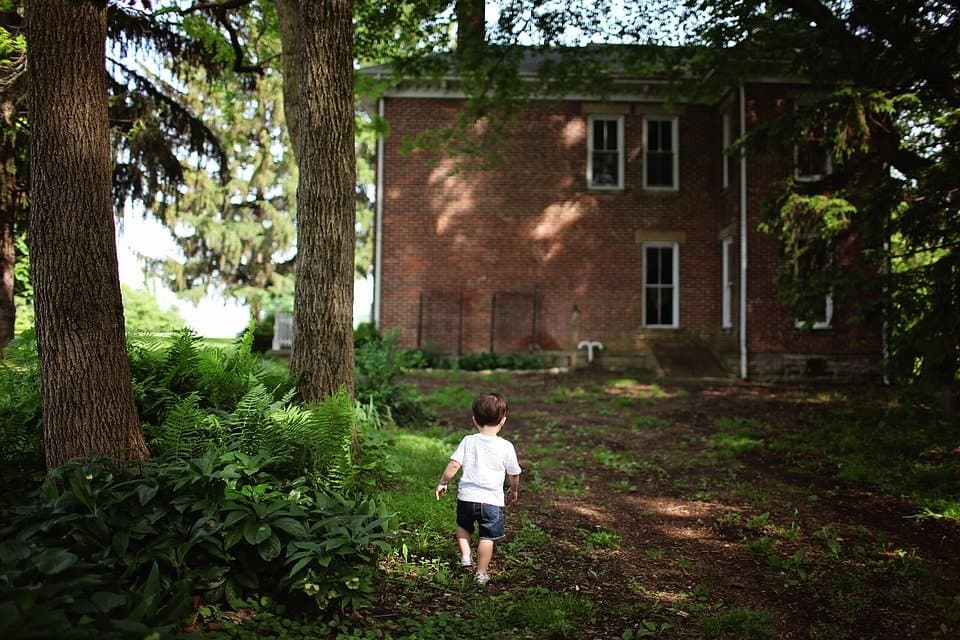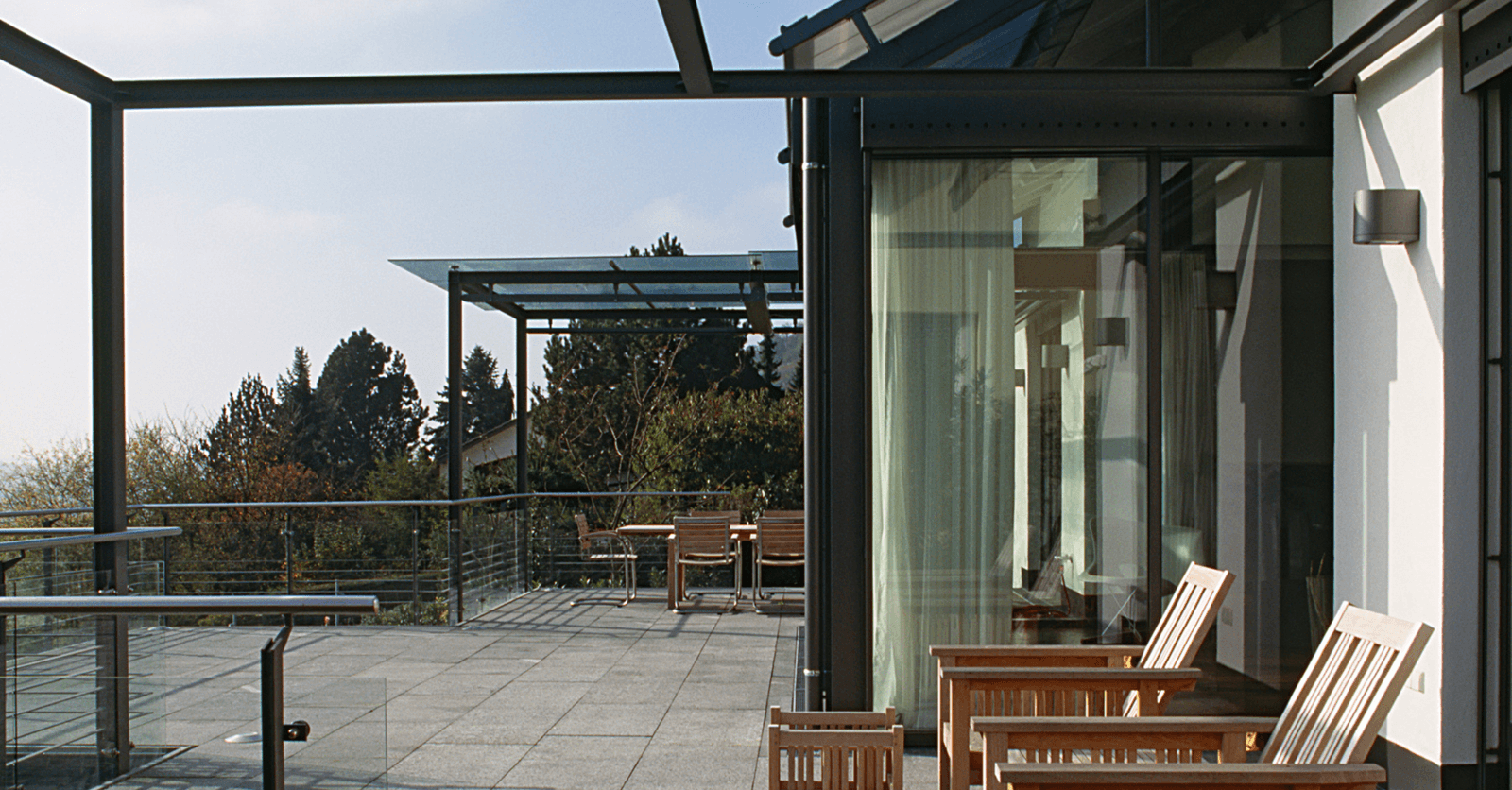
Going green isn’t only in fashion, it is one step towards saving our environment. As sustainably conscious homeowners grow in numbers, individuals are constantly looking for ways to improve the energy efficiency of their homes.
Taking a few simple steps can greatly improve energy consumption levels, green gas emissions, your carbon footprint and other aspects of your home’s environmental in and output.
The sooner homeowners make changes towards living in a green-friendly environment, the better they can reap the rewards. With energy costs consistently rising, homeowners should seek out sustainable options to improve their lifestyle while helping to reduce annual costs. Read on to find our tips and tricks to improve the energy efficiency of your home’s environment.
Here are 10 ways to improve your home's energy efficiency
1) Improve insulation
First things first, to improve energy efficiency, homeowners must take the time to improve home insulation. A significant amount of heat is wasted when pumping into poorly insulated homes, including areas like attics, roofs and walls that have not been correctly sealed (or sealed at all!). Especially during winter months, your home’s heating system is working extremely hard to keep your home cozy and warm, and the more heat that escapes, the less efficiently the system is working.
The key to keeping energy costs down while improving efficiency is to properly insulate all drafty areas of the home, including taking on weather stripping and other insulation techniques. You can even insulate your home with sustainable materials, making things twice as environmentally friendly!
2) Unplug electronics
As times have been significantly changing, technologies have slowly but surely become more and more integrated into the home. However, many homeowners do not upgrade power sources to meet the demanding energy requirements of their technologically sound home. Although it might not seem like it would make a significant impact, keeping appliances plugged in and powered up means they are constantly consuming energy.
Therefore, when appliances or electronic devices are not in use, they should be unplugged to save homeowners energy as well as money on the next electric bill. Pay special attention to power bars, which can drain a significant amount of energy even when resting in a standby setting.

3) Solar panels
Solar panels are growing in popularity across North America, enabling homeowners to generate heat and power from one of our most powerful natural resources: the sun! If homeowners can afford it, solar panels are an excellent investment for the environmentally conscious individual. Solar panels allow a home to create its own energy, and the benefits of this type of material are obvious.
Of course, the installation of solar panels will depend on where your home is located. Homes with access to a significant amount of sun will fare better with this type of technology.
4) Watch energy consumption
It’s difficult to tell exactly how much energy we are consuming daily. Luckily, there is a device to monitor this, and it is aptly called an energy monitor. Another way to watch energy consumption levels is to have an energy audit performed on your home.
An energy audit can target specific areas of your home, and therefore, help you to figure out which parts of your home need immediate attention for energy improvement. Further, energy auditors will often offer recommendations on some low-cost measures that homeowners can take to improve energy efficiency, which is a definite step in the sustainability direction!

5) Plant shade trees
Planting trees around the perimeter of your home adds some serious curb appeal. Not only this, trees provide much-needed shade around the façade of your home and this has a definite impact on your home’s energy consumption. This is especially true of deciduous trees, shrubs and trees, which can save energy as the foliage works to block infrared radiation.
In the summertime, this radiation would warm the house significantly, causing homeowners to turn up the air conditioner. In the winter, a lack of trees around the home allows heat to escape easily whereas if trees are present, the bare branches allow radiation to come through and warm the home while keeping it insulated.
Shade trees are not as necessary for homes with excellent insulation. However, if you’re living in an older home, this could do wonders for your energy consumption.
Want an overview of the cost of your next landscaping project? Consult our article Landscaping: the costs of various projects for 2021.

6) Water-saving appliances
Taking a shower daily uses quite a lot of water, and if there is more than one person living in your home, water consumption can be quite significant. Have you heard of water-saving showerheads? If you and your loved ones spend a lot of time in the shower, consider getting this device.
By way of a water-saving showerhead, homeowners can see a reduction of both the amount of water used during an average shower as well as the energy used.
There are plenty of other options for energy-efficient appliances on the market, including refrigerators and washing machines. Although energy-efficient appliances may initially cost more, they will save you money in the long run. Most importantly, these appliances will save your house a significant amount of energy and reduce the carbon footprint of your home and family.

7) Replace an old furnace or boiler
If your home is using an older furnace with a standing pilot, chances are it is wasting a significant amount of energy. Unless you are living in an incredibly warm climate, it is time to upgrade your furnace to an energy-saving model. Consider installing a condensing furnace, with a yearly efficiency of 90 percent, aiding in electricity bill savings.
If you’re unsure about when your furnace was installed, have an energy auditor come and evaluate your home’s energy consumption to determine the efficiency of your present system. For homes with boilers, installing a modern condensing boiler can help you save substantially both in energy consumption and bills. This style boiler allows for the internal circulating loop to reduce in temperature consistently and is only used when needed.
8) Replace light bulbs
CFL’s or energy-saving lightbulbs are obvious energy savers. This type of bulb saves up well over half the electricity used by regular incandescent light bulbs. Most homeowners may not realize how much electricity a lightbulb is consuming, as the average home spends over 10% of its energy budget on lighting alone.
However, keeping every room of your home well-lit becomes much more affordable with the installation of CFL's and further advancements in lighting technology now include models that offer further energy saving by reducing the amount of time that lights are on when not in use. LEDs are another energy-saving option, though this type of bulb may initially cost more out of pocket!
9) Daylighting
Daylighting is when homeowners privilege natural light over electrical lighting, using it to highlight the home’s interior. There are plenty of ways that homeowners can practice daylighting, achieving the most amount of light while the sun rises. Skylights are an excellent way to access natural light from morning until night, though it is recommended that if you install a skylight that it is double-paned as they may otherwise allow heat to escape.
Light tubes are another option for homeowners interested in an alternative method of daylighting, as these specially designed tubes use a lens to amplify low-light while reducing intense midday light. These tubes channel sunlight through a highly reflective tube, entering the living space designed to distribute light evenly. Other options include donning your home in windows wherever possible.

10) Upgrade window models
Old windows generally leak a lot of heat and air, and therefore, force home systems to work twice as hard to heat and cool your home. One way to avoid this (and save a significant amount of energy) is to upgrade window models to ones with greater efficiency. There are specific energy-efficient models on the market which work with weather-stripping.
However, one of the main energy wasters is single-paned windows. If you live in a cold climate, and your home has single-paned windows, you are likely expelling a significant amount of energy in the wintertime. Upgrading to double-paned windows is cost-effective and will save your home energy while keeping it cozy during those frosty periods.
Curious to learn more about renovations that help maintain the environment? Check out our Eco-friendly and Green Renovation Guide.
Get 3 renovation quotes for your green renovation project
RenoQuotes.com can help you get quotes for your eco-friendly renovation project. If you submit your project to us, we’ll put you in contact with top-rated contractors. Fill in the form on the homepage (it only takes a few minutes), and you will get estimates from trusted professionals.
Dial 1-844 828-1588 to speak with one of our customer service representatives
Looking for something else?
Related articles
The latest industry news, interviews, technologies, and resources.

Paul Riopel
•14 Jan 2025
Ready to get to work tearing down a wall in your living room, moving the location of your kitchen sink, or adding a whole new section to your house? Not so fast! Before work commences, you must ask yourself an important question: Do I need a building permit?

Léa Plourde-Archer
•27 May 2025
Building a porch on the façade of your home can offer a beautiful addition to the great outdoors. Whether entertaining or simply enjoying a summer evening breeze, homeowners like yourself often splurge to add this home accompaniment. But with any renovation project, there are always costs involved. So, exactly how much does it cost to build a brand new porch?

Cynthia Pigeon
•08 Nov 2023
Are you shopping around for a new roof? Do you also want to change the siding on your house, but aren't sure which roof colour is best? Well, you've come to the right place! Below, we've outlined all the factors to consider when choosing a roof colour for your Quebec home.

Cynthia Pigeon
•25 Jul 2025
Thinking of renovating your basement? Whether it’s to create a bedroom, office, or rec room, windows play a key role in ventilation, natural light, and most importantly, emergency escape.

Cynthia Pigeon
•08 Nov 2023
Are you needing an interior door installed? Just like every first-time endeavour, hesitation is always on the table.